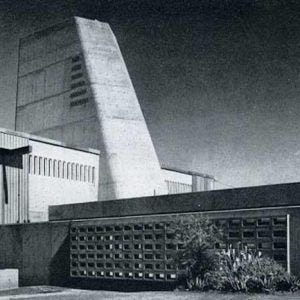British Energy has decided to extend the lives of England’s Hinkley Point B and Scotland’s Hunterston B twin AGRs by five years to 2016, giving a life of 40 years.
The firm expects to spend an additional £90m in excess of the current investment programme for these stations, over three years beginning on 1 April 2008.
The decision was made following a technical and economic evaluation of the 660MWe units, while the firm plans to carry out further studies by 2013 into the potential for additional life beyond 2016.
The plants have previously been troubled by technical problems such as boiler tube cracking and anomalous temperature readings.
In April 2007, the 10-year periodic safety reviews for Hinkley Point B and Hunterston B were completed, covering the period to 2017, subject to completion of an agreed programme of work.
Operations over the plants’ extended lives will depend on the results of a continuing inspection and assessment programme of the boilers and the core.
Hinkley Point B and Hunterston B are currently operating in a range around 60% load.
Further “boiler balancing” work will be undertaken during planned outages over the next financial year towards obtaining a 70% load. At 70% load, life extension is seen as economically viable at a power price of about £27/MWh.
British Energy said it would consider the technical and economic case to increase load above 70%, together with the additional investment requirements, in future.
In financial year 2007/08, the firm expects total group investment in plant projects, major repairs and strategic spares to be in the range of £190m to £210m. This excludes investment at Hinkley Point B and Hunterston B of £60m to £70m, and incremental expenditure on inspection and assessment of the boiler closure units at Hartlepool and Heysham 1 of around £20m.
Following that, in the financial year 2008/09, the group investment in plant is expected to be in the range £200m to £215m for the fleet of plants, excluding investment at Hinkley Point B and Hunterston B of £80m to £90m.
Staff costs associated with the performance improvement programme, of £26m, are now being treated as normal operating costs, and therefore are excluded from investment in the plants.
Related ArticlesAGRs’ five-year extension






